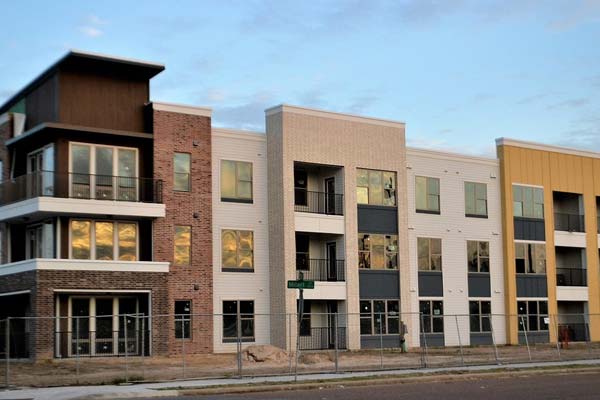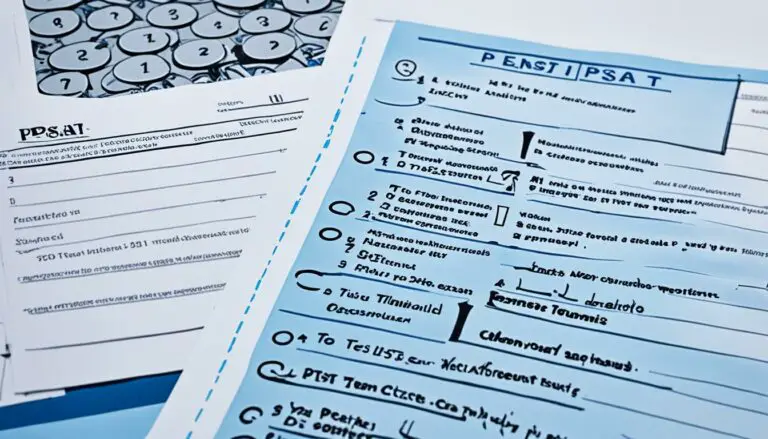Can a Non-Student Live in a Student House: Exploring the Possibilities
A common question for those seeking affordable housing is: Can a non-student live in a student house? The answer is a complex yes or no, depending on various factors. While some student housing facilities may allow non-students to live in their buildings, others may have strict policies that only allow enrolled students to reside there.
The policies regarding non-students living in student housing can vary depending on the specific facility. Some may only allow non-students to live there if they have a connection to the college or university, such as an employee or an admitted student who wants to move in early.
Others may be more lenient and allow non-students to live there if they meet specific requirements or pay a higher rent.
It’s essential to research the policies of each student housing facility to determine whether non-students are allowed to live there.
It’s also worth noting that even if non-students are allowed to live in student housing, they may not be the best fit for the environment.
Living in a building primarily designed for students can come with unique challenges and expectations, such as communal living spaces and a focus on academic success.
Non-students considering living in student housing should think about whether the environment is right for them before deciding.
Understanding Student Housing
Student housing is an accommodation specifically designed for college or university students.
It is usually located on or near the campus and provides easy access to academic facilities, extracurricular activities, and other student services.
Several types of student housing exist, including residence halls, dormitories, and student apartments. Residence halls are typically large, multi-story buildings that offer single or shared rooms, communal bathrooms, and common areas for socializing and studying.
Dormitories are similar to residence halls but may be smaller and offer more privacy, such as individual rooms with en-suite bathrooms.
🌟 Hey Students! 🚀 Ready for the ultimate experience? Join us on Studentsinside.com's Facebook, YouTube, WhatsApp, and LinkedIn. Click now for tips, fun, and success vibes! 🌈✨ #StudentLife #JoinUs
Student apartments offer more privacy and independence, with kitchens, living rooms, and private bedrooms.
The university or college often manages student housing and is available to enrolled students only. However, privately owned student housing options are also available, which may be open to non-students.
The benefits of living in student housing include:
- Easy access to academic resources.
- A built-in community of peers.
- A convenient location.
However, it may also have some drawbacks, such as limited privacy, noise, and a lack of control over living conditions.
Non-Students and Student Housing
Policies on non-students residing in student housing vary widely. While some colleges strictly prohibit this, others may allow exceptions on a case-by-case basis, and a few are generally open to accommodating non-students.
Non-students who wish to live in student housing should check with the college’s housing office if they are interested in attending.
Non-students in a relationship with a student may be allowed to live in student housing. In some cases, the college may require the non-student to be registered as a student at the college. Other colleges may allow non-students to live in student housing without being registered as a student.
Non-students who wish to live in student housing should know they may not be eligible for financial aid or other available benefits. Non-students may also be subject to different rules and regulations than students who live in the same housing.
It is important to note that non-students who live in student housing may be subject to eviction if they violate the rules of the housing agreement.
Non-students considering living in student housing should carefully review the terms of the housing agreement and be aware of the consequences of violating the agreement.
Legal and Policy Aspects
Non-student residents in student housing face varying policies across colleges. While most colleges generally disallow this practice, some may consider exceptions around their periphery, and a few are more inclusive toward non-students. To understand a specific institution’s stance on non-student residents, it’s crucial to check their policy.
Landlords and private landlords may also have policies and rules regarding non-student residents. Some may allow it, while others may not.
Reviewing the lease agreement and the landlord’s policies is essential to determine if non-student residents are allowed.
In terms of council tax, non-student residents may be required to pay council tax, while students are generally exempt. However, there may be exceptions depending on the specific circumstances and policies of the local council.
It is important to note that living in a dorm room differs from a normal landlord-tenant arrangement. Students living in dorm rooms still have certain rights, including an implied warranty of habitability. This applies to all forms of student housing and ensures that the premises are safe and habitable.
Financial Considerations
When considering living in student housing as a non-student, one of the biggest factors is the financial aspect. Rent for student housing can vary greatly depending on the location and amenities provided.
Some colleges may offer non-students the opportunity to live in student housing at a slightly higher cost than students, while others may only allow non-students at a time.
For those looking for affordable housing options, there may be better choices than living in student housing as a non-student. However, there are ways to make it work if the individual is willing to put in the effort.
One option is to find roommates to share the rent and living expenses. This can significantly reduce the cost of living in student housing and make it more affordable.
Financial aid and loans can assist individuals residing in student housing who are not currently enrolled as students. Nevertheless, it is crucial to thoroughly assess the terms and requirements associated with these choices before making any commitments.
Before deciding, knowing how much you’ll spend on semester fees and living expenses is important because they can add up fast.
Another option for non-students living in student housing is to find a job to help cover the cost of living expenses. Many colleges offer part-time employment opportunities for students and non-students alike. This can be a great way to earn extra income while gaining valuable work experience.
Living Conditions and Facilities
Living in a student house as a non-student can come with its own set of challenges. Considering the living conditions and facilities available before moving in is essential.
Firstly, student houses may sometimes provide a different comfort level than private accommodation or multifamily apartments. Some student houses may have shared bathrooms, kitchens, and laundry rooms.
As a non-student, you may have to share these facilities with other students, which could result in reduced privacy and convenience.
Additionally, some student houses may have a different level of utilities than private accommodation or apartments.
For example, some student houses may not have air conditioning or heating systems, which could be uncomfortable during extreme weather conditions. It is essential to check the utilities available in the student’s house before moving in.
Sharing a house with roommates can also be challenging, especially if they are students with different schedules and lifestyles.
As a non-student, setting boundaries and communicating effectively with roommates is vital to ensure a peaceful coexistence.
Moreover, living in off-campus housing as a non-student may offer a different level of security and safety than on-campus residence halls or private accommodation. Considering the location and security measures available before moving in is crucial.
Age and Gender Factors
Regarding non-students living in student housing, age, and gender are important factors to consider. Some universities may have policies restricting the age of non-students living in student housing.
For instance, some universities may only allow non-students over 21 to live in student housing. It is essential to check with the university’s housing office to find out if there are any age restrictions.
Another vital factor to consider is gender. Some universities may have policies restricting non-students of the opposite gender from living in student housing.
This is primarily to ensure the safety and privacy of the students living in the housing. It is essential to check with the university’s housing office to find out if there are any gender restrictions.
Upper-class students may also have different policies in place when it comes to non-students living in student housing. Some universities may allow upper-class students to live off-campus and rent their apartments or houses, which may be more accommodating to non-students.
It is essential to check with the university’s housing office to find out if there are any policies for upper-class students.
Second-year students may also have different policies in place when it comes to non-students living in student housing. Some universities may require second-year students to live on campus, while others may allow them to live off campus.
It is essential to check with the university’s housing office to find out if there are any policies for second-year students.
Moving and Temporary Stays
Sometimes, people find themselves in situations where they need to move to a new place temporarily. This could be because of work, studies, or personal reasons.
In such cases, finding suitable accommodation can be a challenge. Some people may consider renting a student house or apartment, even if they are not students.
While non-students can rent student housing, there are some things to remember. First, checking with the landlord or property management company is essential to see if they allow non-students to rent their properties. Some may have restrictions or requirements, such as a minimum age or income level.
Another consideration is the length of the rental agreement. Most student housing is designed for short-term stays, such as a semester or academic year. Non-students may need to find alternative accommodation if they require a longer-term lease.
It is also important to note that student housing may have different rules and regulations than other rental properties. For example, there may be restrictions on noise levels or guest policies.
Non-students should be aware of these rules and abide by them to avoid issues with the landlord or other tenants.







